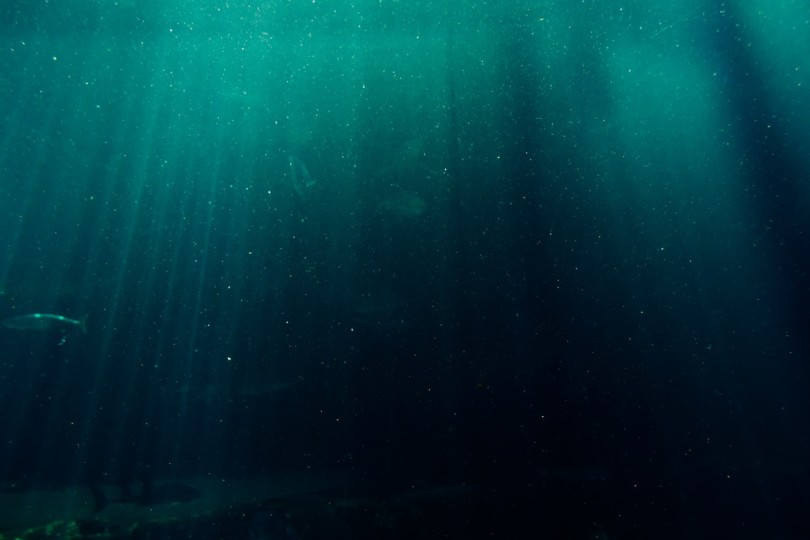How is the UAE encouraging people to rethink DESALINATION?
15 Apr 24
Enviro ChatThe Global News Source for the World of Science and Chemicals
22 April 2022
Enviro Chat
Given its year-round sweltering climate and dearth of rainfall, the UAE has had an issue with freshwater supplies since its inception half a century ago. While the government has traditionally relied on importing clean drinking water to overcome the problem, it now employs a number of desalination plants, which convert salty seawater into potable drinking water.
But while desalination plays a crucial role in ensuring everyone in the UAE has enough of the Earth’s most precious resource, it’s not without its harmful side-effects. For one thing, desalination consumes a substantial amount of power, resulting in a high volume of carbon emissions. Meanwhile, it also pumps brine back into the ocean, thus increasing the concentration of salt and potentially harming marine life.
With a climate that is unrelentingly hot and experiences precious little rainfall every year, the Middle East is one of the most inhospitable places on the planet in terms of water supplies. Indeed, it may come as no surprise that the region is home to 47% of the world’s desalination plants, with the UAE one of the chief consumers of this commodity.
The issue isn’t likely to improve any time soon, either. In fact, according to experts in the field, the global demand for water is likely to outstrip supply by some 40% by 2030. While other techniques such as water recycling can help to address that shortfall, desalination is likely to play a major role, too.
At present, there are over 19,000 desalination plants around the world generating 95 million cubic metres of drinking water on a daily basis. However, the fact that these plants are largely gas-powered means that they come with an undesirable environmental profile in the shape of emissions.
What’s more, the wastewater from these plants can produce methane, carbon and, perhaps worst of all, a salty brine that can jeopardise the lives of sea creatures living in the vicinity of a plant. It’s not only the effluent which can cause problems for the animal kingdom, either; the seawater inlets can also trap or kill organisms that are sucked into them at high pressures and speeds.
Of course, the scientific community is aware of these problems and has been developing new and innovative techniques of producing clean drinking water more sustainably. One way to do so is to reduce the amount of energy consumed in the process (and therefore curb the emissions associated with it), while another is to introduce renewable power into the mix.
The problem with this latter solution is the intermittency of wind, wave and solar power sources. Generally speaking, desalination plants must run 24/7, since any downtime can cause fouling. Meanwhile, the harmful effects on marine life are being mitigated through the use of alternative technologies which condense the brine into a solid substance, or else minimise its impact by discharging it across a wide surface area. As one of the countries which relies so heavily on desalination for its water supplies, the UAE is unsurprisingly at the forefront of these exciting investigations.
DOWNLOAD PDF

2 Day Seminar Program
@ ArabLab+ 2024
24 & 25 September 2024
Your stay in Dubai
Labkit
Product News
Chemkit
Product News
Thinking about exhibiting at ARABLAB 2024? Watch our video to find out more.
Join the world’s leading organisations…
Join our mailing list and receive the ARABLAB newsletter and event updates.